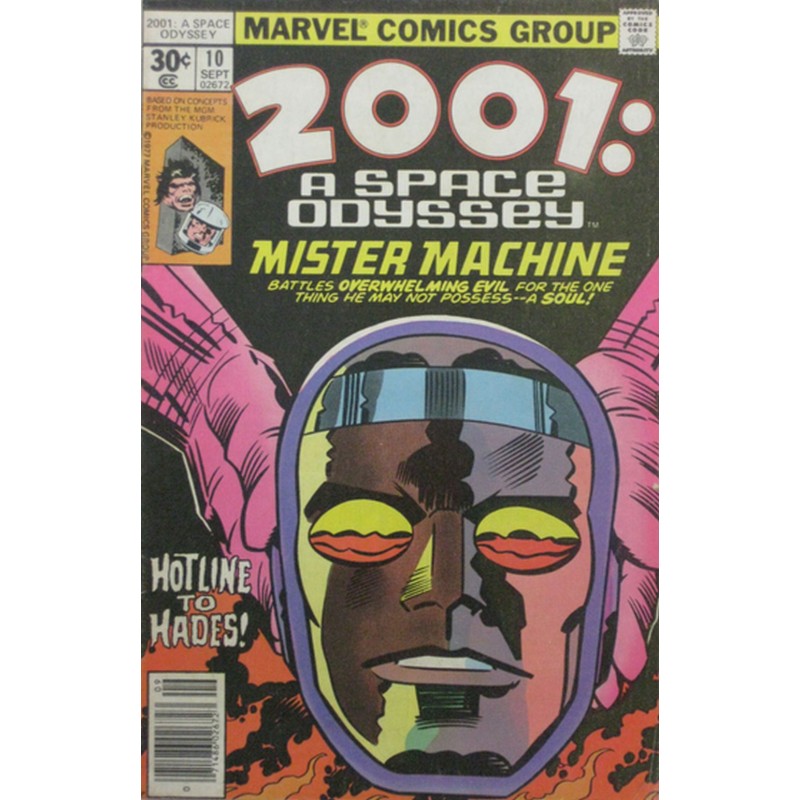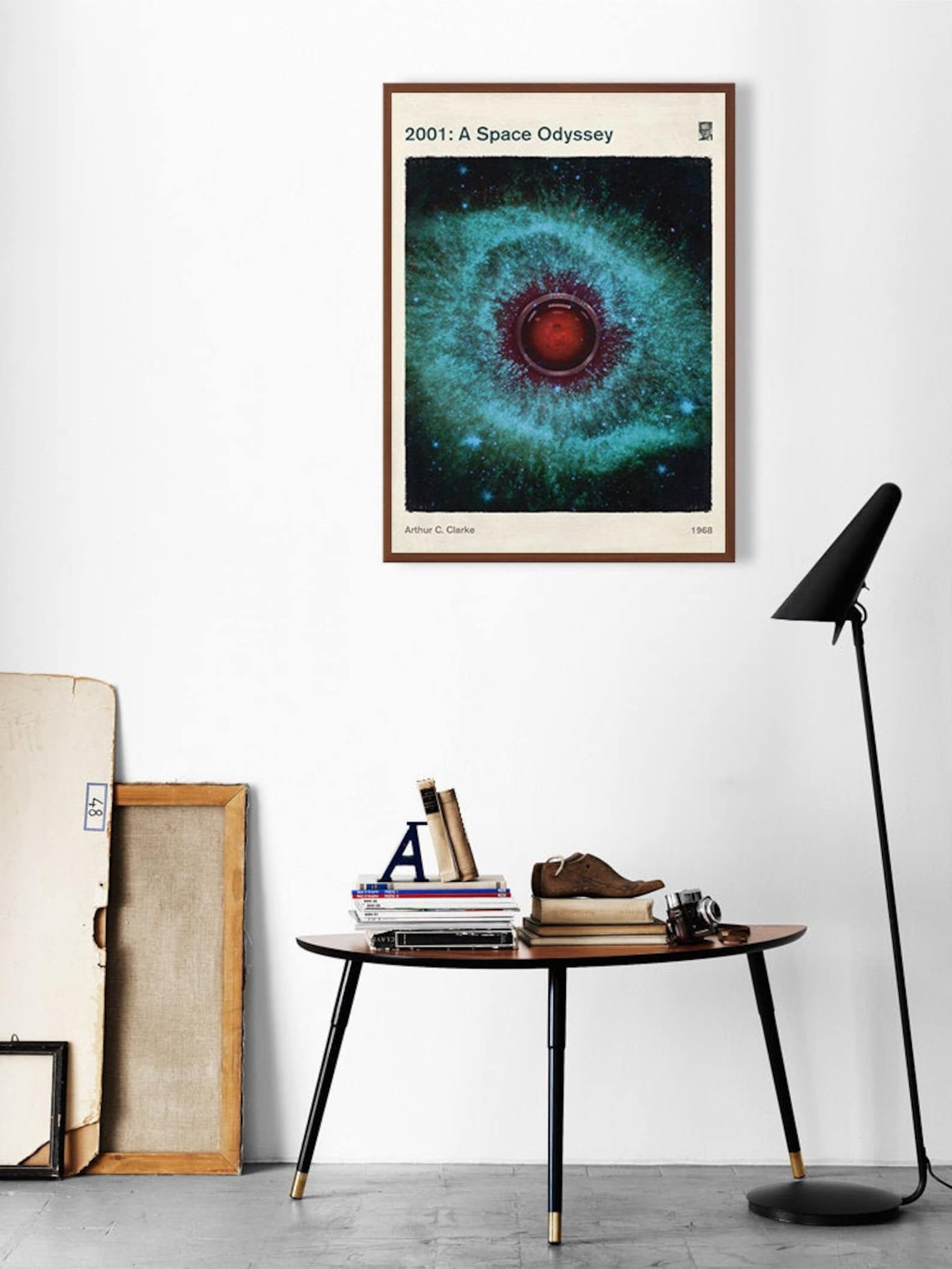


Although Clarke has published well over 100 novels, many of them winners of the Hugo and Nebula awards, he is most famous for this novel and the accompanying movie. The story is based on various short stories by Clark, but the one used the most was The Sentinel of Eternity (1948), a story he wrote for a BBC competition. Clark was credited with writing both the film and the movie. Both developed the story as the film was shot, but in the end, only Arthur C.

2001: A Space Odyssey began as a 1968 movie developed in concert between Clark and filmmaker Stanley Kubrick. However, his crowning achievement would be a movie that brought his work into the mainstream. Although it was not made public at the time, Clarke had become close to a Sri Lankan man, Leslie Ekanayake, whom Clarke called his “only perfect friend of a lifetime” in a dedication in one of his novels.īy this time, Clarke had written many books, both technical non-fiction and science fiction. In 1956, Clarke emigrated to Sri Lanka the official reason was to pursue his interest in scuba diving - he discovered the underwater ruins of a Koneswaram Temple in Trincomalee. In recognition of his work in the field, the geosynchronous orbit 22,000 miles above the equator is known officially as a Clarke Orbit. He wrote many non-fiction books describing the technical details and implications of rocketry and space flight. It was during this time that he wrote many articles about telecommunication relays and geostationary satellites. When the war ended, Clarke returned to school and earned a degree in mathematics and physics from King’s College London. By the end of the war, he was the chief training instructor at RAF Honiley at Warwickshire with the rank of Flight Lieutenant. He also served in the ranks, starting as a corporal instructor in radar, then commissioned as a pilot officer and later as a flying officer. His work in the early warning radar defense system helped contribute to the RAF’s victories during the Battle of Britain. Later in life, he became the chairman of the Institute.ĭuring World War II, Clarke served in the Royal Air Force as a radio specialist. As a teenager, he joined the British Interplanetary Society and proposed a satellite communication system idea that later won him the Franklin Institute’s Stuart Ballantine Medal and other honors. He was the recipient of numerous Hugo and Nebula awards.Ĭlarke was born in Somerset, England and grew up in Bishops Lydeard on a farm, spending his youth stargazing and reading old American science fiction pulp magazines. He was a British science fiction author, futurist, inventor, undersea explorer, and a television series host.

Sir Arthur Charles Clarke is considered one of the “big three” founders of the genre of science fiction, along with Robert A.


 0 kommentar(er)
0 kommentar(er)
